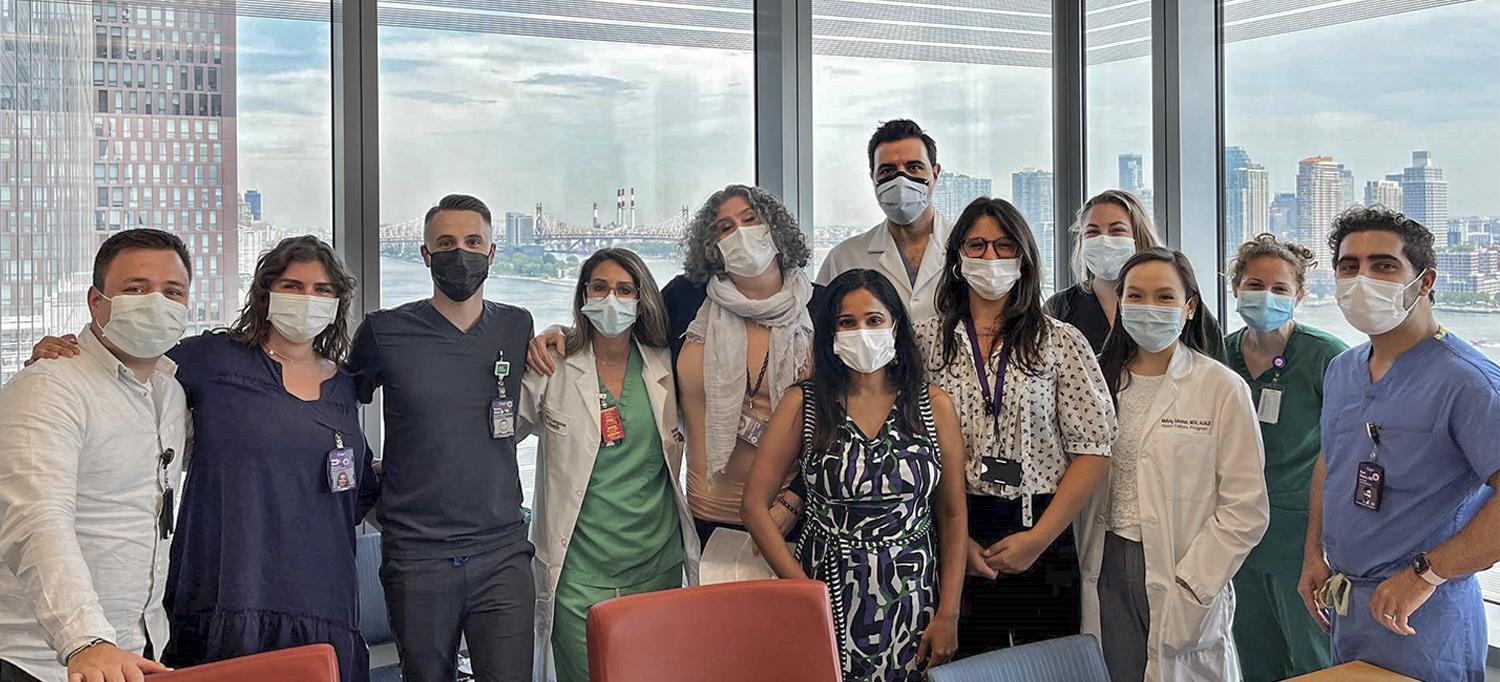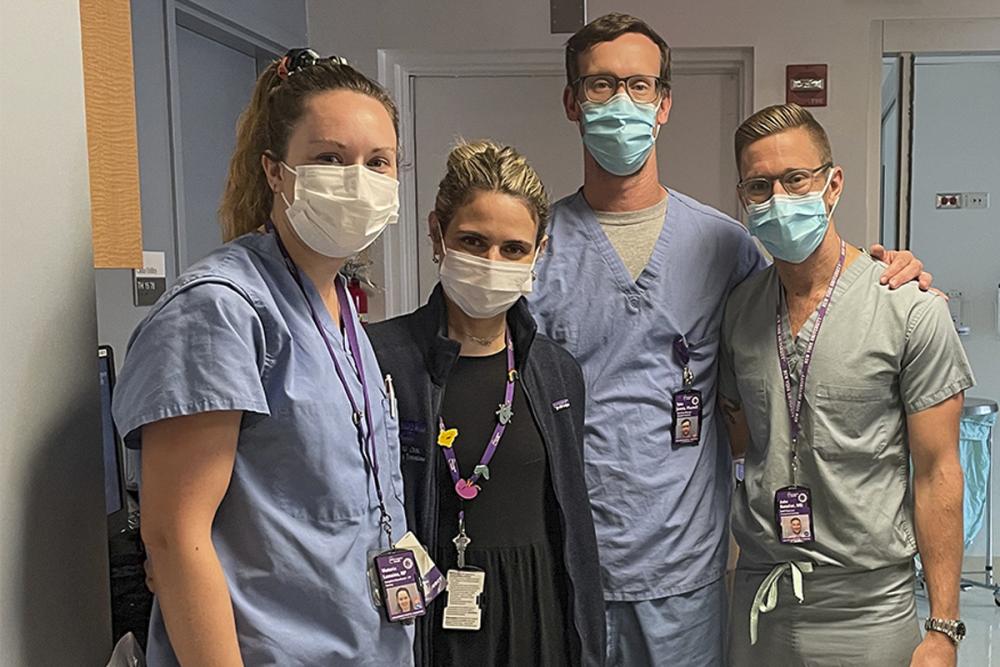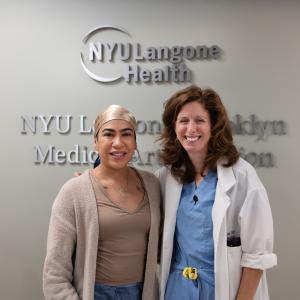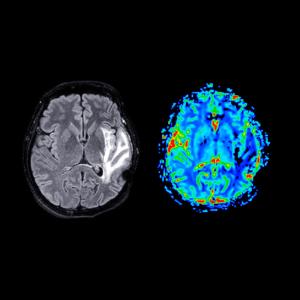Rise in Volume Is Accompanied by Outstanding Outcomes for Patients

In early 2018, the NYU Langone Transplant Institute launched two ambitious programs. The new heart transplant team gave its first patient her life back early that year. The lung transplant program, the third of its kind in the New York City metro area, began that February, making NYU Langone Health one of the most comprehensive transplant centers in the region.
A little more than 4 years later, both programs have reached an impressive milestone, logging more than 200 heart transplants and more than 200 lung transplants. Moreover, this high volume of cases has come while achieving outcomes that are among the best in the nation. NYU Langone’s heart transplant program is ranked No. 1 in the Northeast and is among the nation’s top programs as evidenced by data published in the Scientific Registry of Transplant Recipients (SRTR). Our lung transplant program has the best one-year survival rate in the Northeast, and our patients receive transplants faster, with the shortest waitlist times of any program in New York State.
This success was enabled by NYU Langone’s excellence at every step in the transplant process. The intensive care team and our nurse practitioners who do rigorous follow-ups with patients, as well as social workers, dietary staff, physical therapy and rehabilitation specialists, pharmacists, and more, all collaborate to give patients the best chance of prolonged good health.
“Everyone, from the surgeons to the front desk staff, develops a relationship with the patient,” says Luis F. Angel, MD, medical director of the lung transplant program. “Every single team member is invested in their outcome.”
Putting Patients—and Providers—First
“Before we launched our heart transplant program, we referred our patients to other transplant centers in our area,” says Alex Reyentovich, MD, medical director of the heart transplant program. “We saw the good and the bad.”
Part of the bad was lack of communication with both patients and their referring doctors, as well as long wait times for initial evaluations. “With a heart transplant, patients are so nervous. Calling and being told that the next appointment is in two months is very stressful,” he says.
NYU Langone’s heart transplant team sees patients within one to two weeks for an initial evaluation. If things are backed up, Dr. Reyentovich personally ensures that patients get an appointment.
In another example of close communication, lung transplant program patients can always reach their doctors by cell phone. “If you have a transplant, you need to know that you can reach your doctors and your team,” says Dr. Angel. “It’s an expression of the commitment to our patients and their families from all our staff, from the time they have their first consultation to transplant and recovery.”
Both teams also work to ensure the doctors who send their patients here remain in the loop. “Many of these physicians have cared for their patients for decades and are like family,” says Dr. Reyentovich. “It’s important they stay informed about their patients’ care.”
After Hearing ‘No,’ a Lifesaving ‘Yes’
The team at the Transplant Institute is known for considering every patient on a case-by-case basis and working with patients whom other transplant centers have rejected. John, who received NYU Langone’s 200th heart transplant, was also one of 12 double heart–lung transplants on the way to these milestones. He wasn’t considered a candidate at centers closer to where he lives, in Albany, New York.
When he got to NYU Langone, he was so sick that he was immediately admitted to the hospital. By then a new heart was his best chance at survival. He received a new heart in late April, just a few weeks after he was admitted, and was well enough to go home three weeks later.
Jennifer was the 200th lung transplant patient after being a patient with NYU Langone for 6 months. She was on anti-clotting medications following a stroke and pulmonary embolism, which added complexity to her case. Following her transplant in May, she received inpatient rehabilitation at Rusk Rehabilitation and went home a few weeks later. NYU Langone’s strength in rehabilitation medicine and the continuity of care with Rusk Rehabilitation are important factors in our great outcomes, according to staff at the Transplant Institute.
Pushing Boundaries
Another key enabler in reaching these milestones is talented physicians and surgeons who are willing to take reasonable risks.
“For us, quality has always superseded quantity,” says Dr. Reyentovich. “It’s great that we’re seeing a large volume of patients, but we’ve built our reputation on our quality and our outcomes.”
Both medical directors cite their teams’ dedication—not least that of the programs’ respective surgical directors, Stephanie H. Chang, MD, surgical director for lung transplantation, and Nader Moazami, MD, chief of the Division of Heart and Lung Transplant and Mechanical Circulatory Support and surgical director for heart transplantation—as the most important factor in their success. “We are united by the goal of doing everything we can to help patients,” says Dr. Angel. “And in addition to being talented, hardworking, caring, and committed, our team is made up of genuinely good people. We take care of our patients first, but we also take care of each other.”


